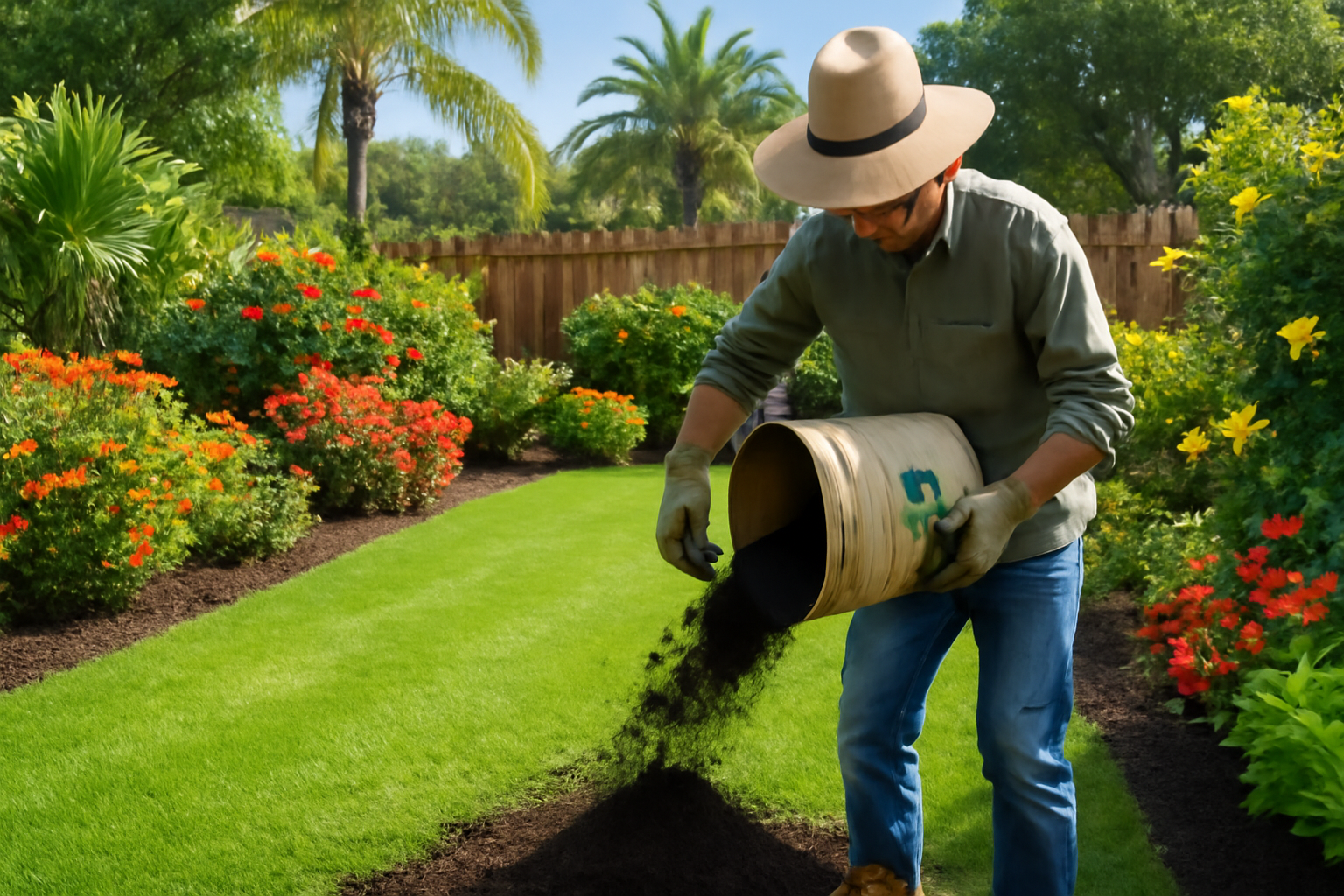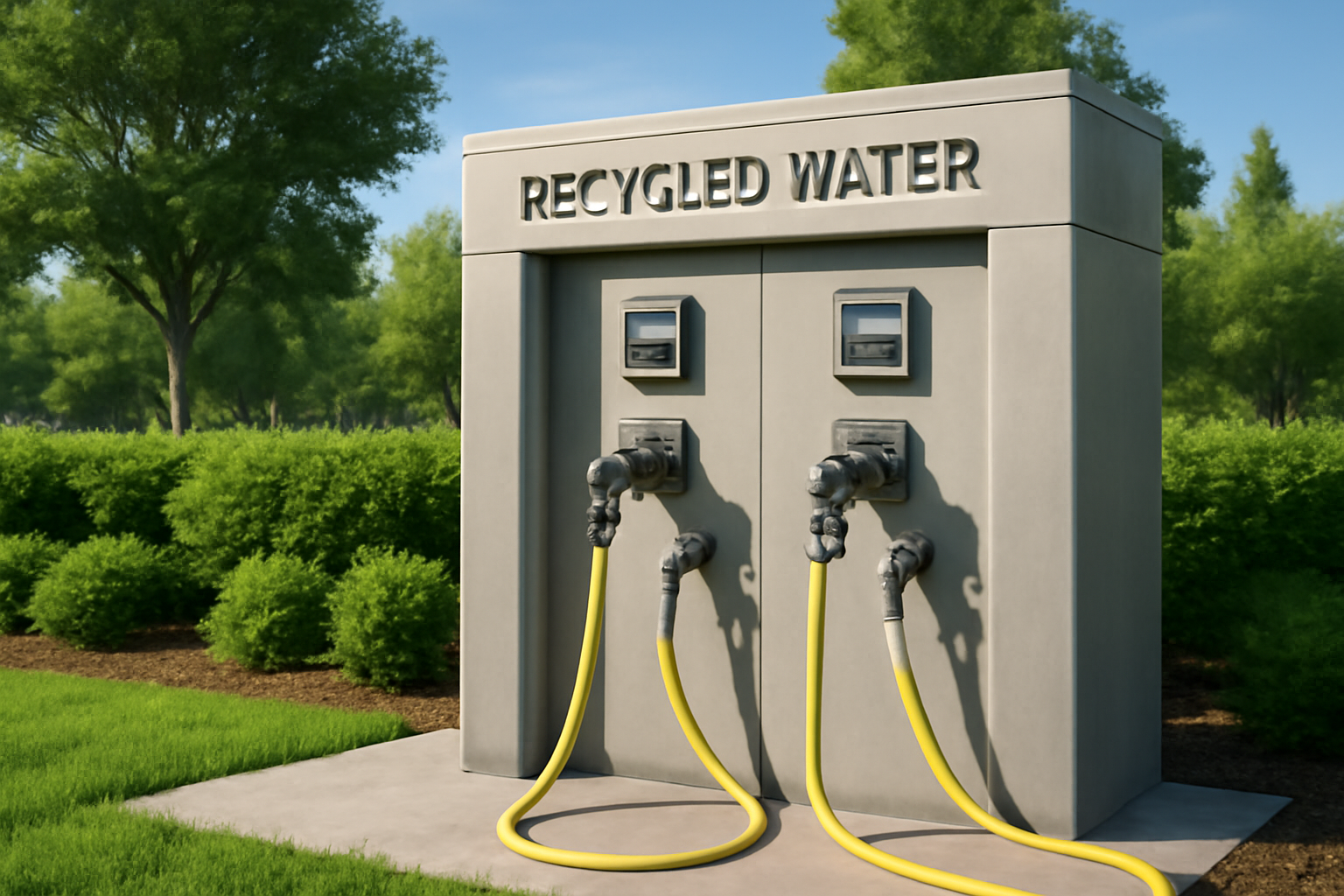This Summer, Keep Florida Healthy Through Proper Lawn Care
As the summer heat settles over Florida, many homeowners turn their attention to their lawns—seeking that lush, green look that makes a yard stand out. However, with the state’s unique climate and environmental concerns, proper lawn care is more important than ever. The choices we make in maintaining our grass can have a significant impact on Florida’s waterways, wildlife, and overall ecosystem health.
Why Proper Lawn Care Matters in Florida
Florida’s landscape is known for its vibrant ecosystems, including vast wetlands, rivers, and coastal areas. Unfortunately, improper lawn care practices can contribute to pollution in these delicate environments. Excess fertilizers, pesticides, and herbicides often wash off lawns during heavy summer rains, entering storm drains and eventually polluting waterways.
According to local environmental experts, the runoff from over-fertilized lawns leads to nutrient overload in lakes and rivers, promoting harmful algal blooms and damaging aquatic life. These blooms not only threaten fish and other wildlife but can also affect human health and local economies that depend on fishing and tourism.
Tips for Maintaining a Healthy, Eco-Friendly Lawn
Fortunately, you don’t have to sacrifice a beautiful lawn to protect the environment. Here are some key tips to help Floridians maintain healthy yards while keeping our natural surroundings safe:
- Choose the Right Grass Type: Native or adapted grasses require less water, fertilizer, and pesticides. Varieties like St. Augustine, Bahia, and Zoysia are well-suited for Florida’s climate.
- Fertilize Wisely: Apply fertilizers according to soil test recommendations and avoid fertilizing before heavy rain. Use slow-release fertilizers to minimize runoff.
- Water Efficiently: Overwatering can weaken grass roots and increase runoff. Water early in the morning and only when necessary, aiming for about 1 inch per week.
- Mow Properly: Keep your mower blades sharp and cut grass at the recommended height for your grass type—usually around 3 to 4 inches. Taller grass shades the soil and reduces evaporation.
- Limit Chemical Use: Reduce or eliminate pesticides and herbicides when possible. Use integrated pest management techniques and spot-treat problem areas instead of blanket spraying.
- Maintain Healthy Soil: Aerate your lawn annually to improve soil structure and promote healthy root growth.
Protecting Florida’s Waterways Starts in Your Yard
Every homeowner plays a role in protecting Florida’s natural resources. By adopting responsible lawn care practices, you help reduce the amount of harmful chemicals entering our rivers, lakes, and coastal waters. Simple changes in how you care for your lawn can lead to cleaner water and healthier ecosystems for future generations.
For more detailed information and local resources on sustainable lawn care, you can visit EPA’s guide on reducing nutrient pollution or explore programs offered by the University of Florida’s IFAS Extension.
Conclusion
This summer, as you enjoy the sunshine and the outdoors, remember that a healthy lawn goes hand-in-hand with a healthy environment. By practicing proper lawn care tailored for Florida’s unique climate and ecosystems, you contribute to cleaner water, safer wildlife habitats, and a more beautiful community.
Let’s all do our part to keep Florida green and thriving—for our families and for generations to come.



